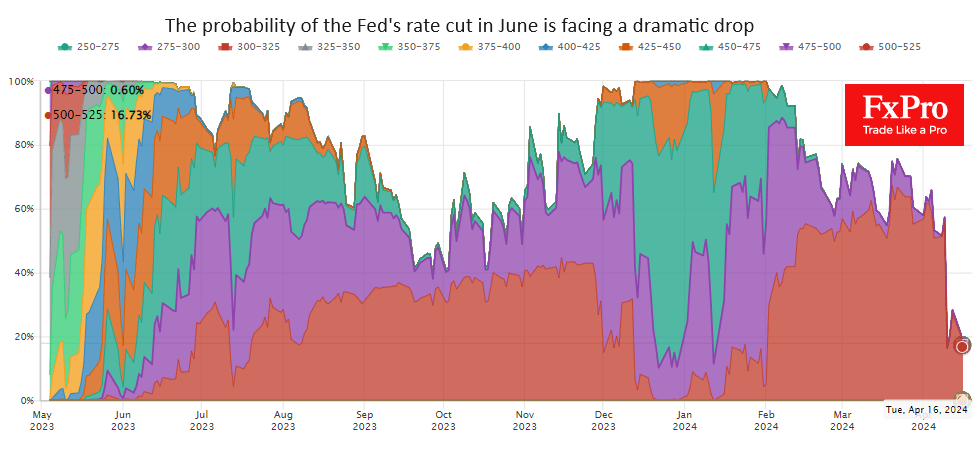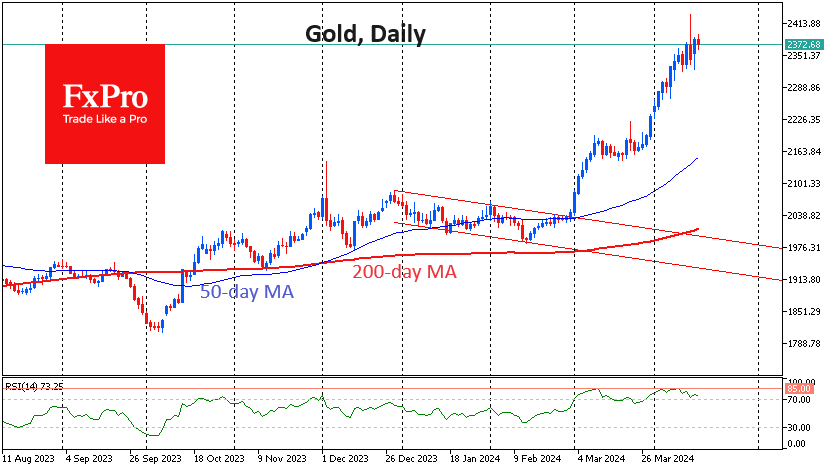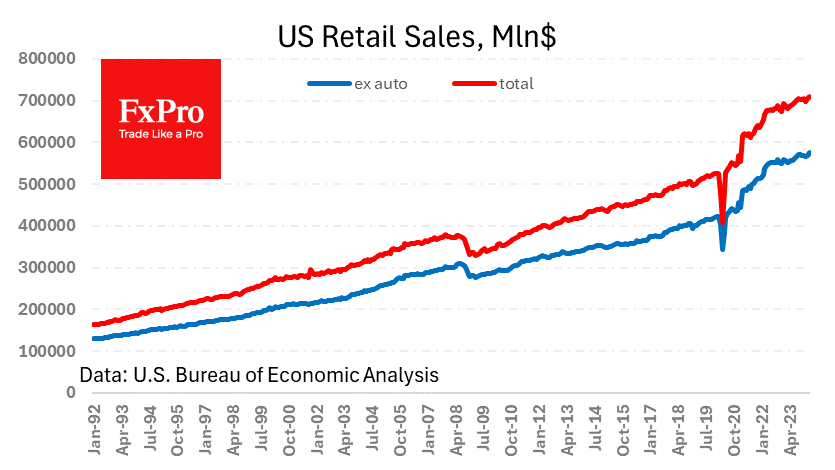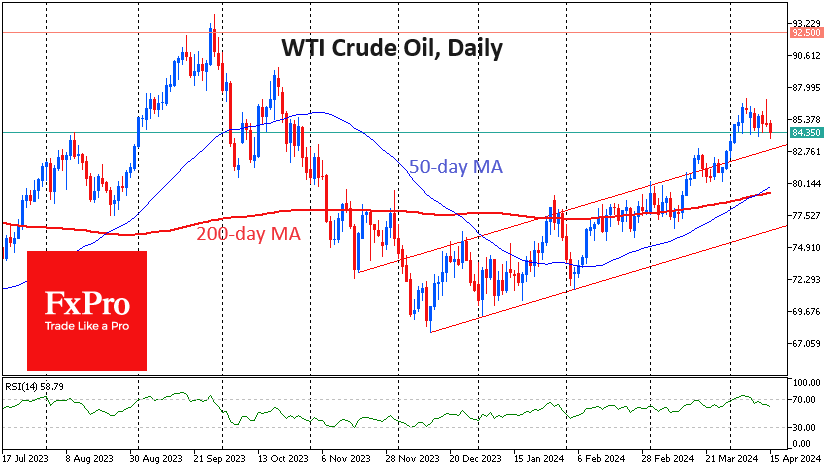IEA says the coronavirus crisis has set in motion the largest drop of global energy investment in history
May 27, 2020 @ 09:01 +03:00
The International Energy Agency believes the coronavirus pandemic has paved the way for the largest decline of global energy investment in history, with spending set to plummet in every major sector this year.
In the group’s annual World Energy Investment report, published on Wednesday, the IEA said that the unparalleled decline in worldwide energy investment had been “staggering in both its scale and swiftness.” It warned the economic impact of the public health crisis could have “serious” implications for energy security and clean energy transitions.
“The historic plunge in global energy investment is deeply troubling for many reasons,” Fatih Birol, executive director at the IEA, said in a statement. “It means lost jobs and economic opportunities today, as well as lost energy supply that we might well need tomorrow once the economy recovers,” he continued. “The slowdown in spending on key clean energy technologies also risks undermining the much-needed transition to more resilient and sustainable energy systems.”
To date, more than 5.5 million people across the globe have contracted the coronavirus, with over 346,700 deaths, according to data compiled by Johns Hopkins University.
Paris-based energy agency said a combination of falling demand, lower energy prices and a rise in cases of non-payment of bills means that energy revenues going to governments and industry are set to fall by “well over” $1 trillion in 2020.
Oil accounts for most of this decline, the group continued, adding that, for the first time, global spending on oil was set to fall below the amount spent on electricity.
Birol said the IEA planned to provide clear recommendations for how governments can quickly create jobs and spur economic activity by building cleaner and more resilient energy systems in an upcoming report.
IEA says the coronavirus crisis has set in motion the largest drop of global energy investment in history, CNBC, May 27







